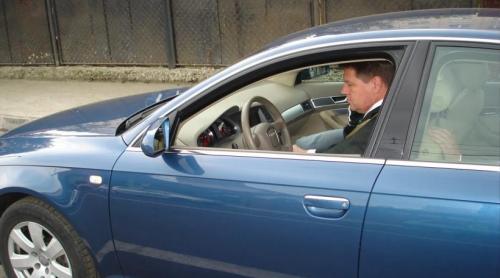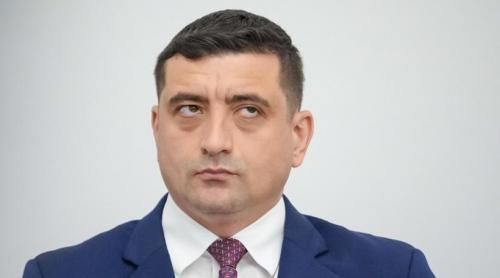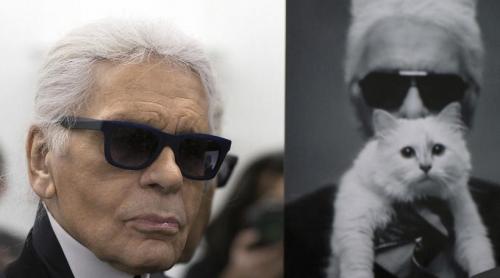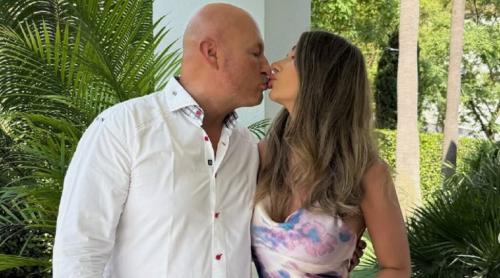The collective leadership, or National Council, of the Conservative
Party, junior member in the four-party ruling coalition, decided Sunday
to continue to stay in office.
The council voted 332 for, and 23 against the decision to leave its
partners; however, the conservatives agreed would opt out of government
in six months if its partners would not comply with a set of
requirements. It also nominated Bogdan Pascu as the partyâs candidate
for deputy-PM.
The requirements set forth by the conservatives to their coalition
partners were to renegotiate the political protocol founding the ruling
coalition; to make the coalition work at local level too; and to
support the draft laws advanced by the conservatives.
The list of laws or amendments to existing laws conservatives want
passed in Parliament aim to confiscate wealth amassed illegally by
individuals; to lower the VAT for food products at 9% from the current
19%; to give tax breaks for reinvested profit and tax micro-enterprises
with 1.5%, not the 16% planned in a Government amended Fiscal Code; to
adopt a winner-takes-all electoral system and assign local
representation for Romanians in communities where they are an ethnic
minority; and to amend the public pension system.
Conservative Party leader Dan Voiculescu voiced in his speech some of
the issues which make his party want to part with its political
partners.
They are "excessively arrogant" and "have total disregard for the laws
conservatives want passed in Parliament;" while they "take for granted
the conservativesâ votes supporting their political initiatives," said
he.
"When we want our draft laws adopted we suddenly turn to them into a
petty, immoral, and insignificant party." Voiculescu said.
He also confirmed that he talked with "all the important
decision-makers in Romanian politics," when asked if he consulted PM
Calin Popescu Tariceanu on the decision to opt out of government.
As for the reactions to the conservativesâ decision prompted, Emil Boc,
leader of the Democrat Party, senior member in the ruling coalition,
said the conservatives took public office positions in government in
areas they should not have.
He also dismissed the conservativesâ meeting as a photo-op and media
spin opportunity, and rejected their idea for the coalition protocol to
be renegotiated. "It is no time to give the coalition ultimatum; the
latter has other priorities," said Boc.
"It is not a serious thing to set long term ultimatums to those you are
governing with," commented Teodor Melescanu, deputy-president of the
National Liberal Party, the other senior member in the ruling
coalition. He commended though the conservativesâ decision to stay in
government.
Bela Marko, leader of the Democratic Union of Hungarians in Romania,
the other junior member in the ruling coalition, agreed with the
conservativesâ proposal for the coalition protocol to be renegotiated,
particularly since they did not get involved in its drafting, Marko
said.
Mircea Geoana, president of the Social Democrat Party, in opposition,
dismissed the conservativesâ meeting and decision as "much ado about
nothing. The ruling coalition was founded on lies and deceit, and its
life came to an end," said Geoana.
Lucian Bolcas, deputy president with the Greater Romania Party, also in
opposition, said the Conservative Partyâs decision to stay in
government further undermined the credibility of the ruling coalition.
"It will last less than six months," said Bolcas.
Translated by Anca Paduraru



















